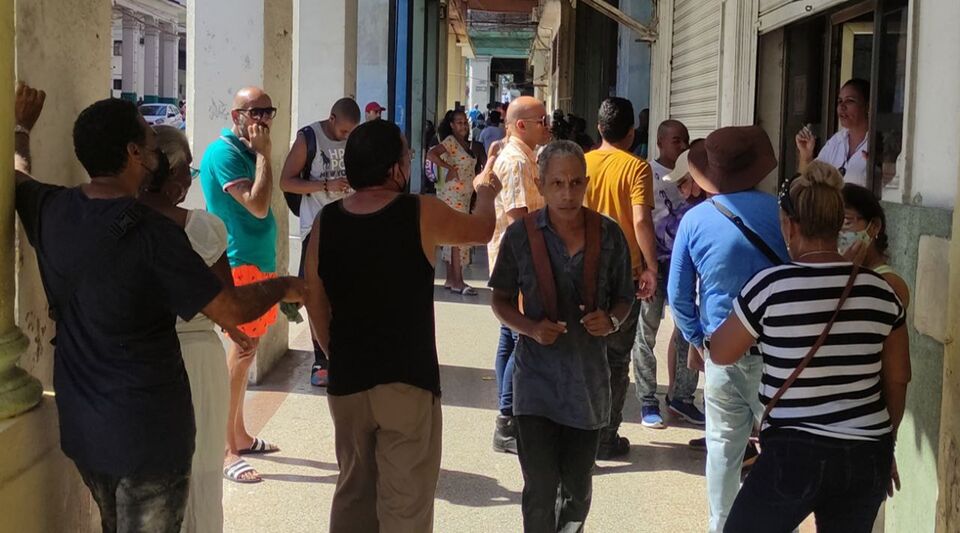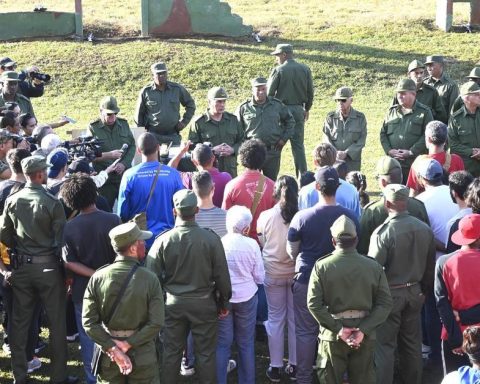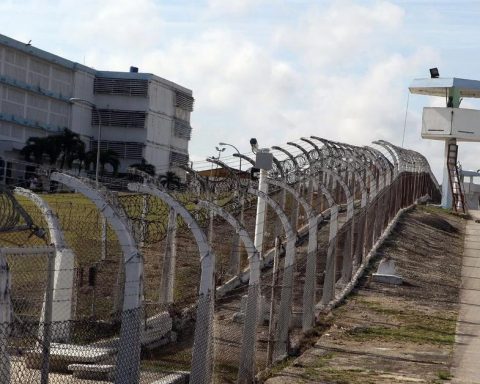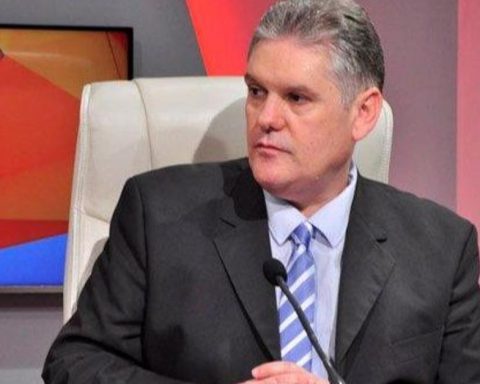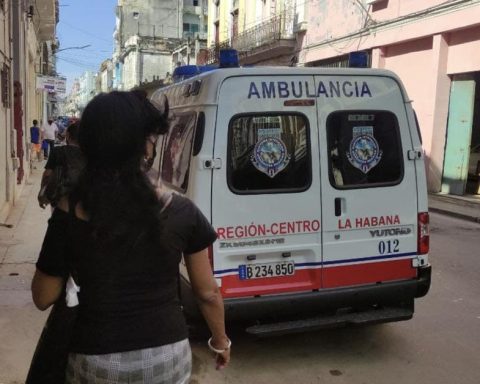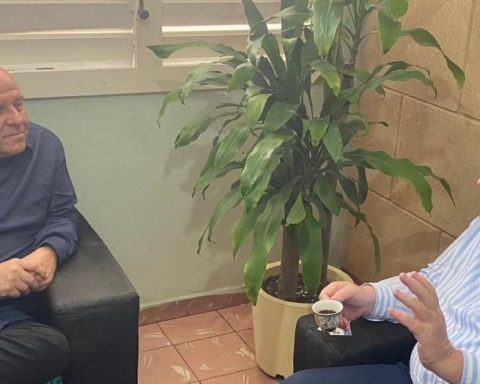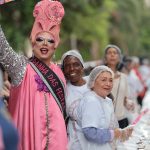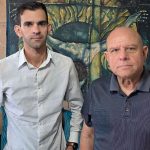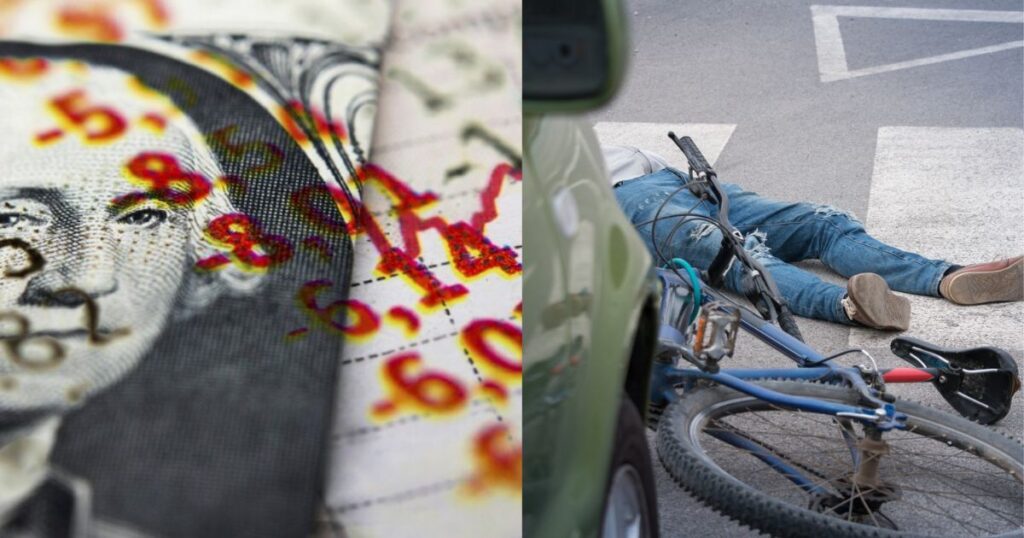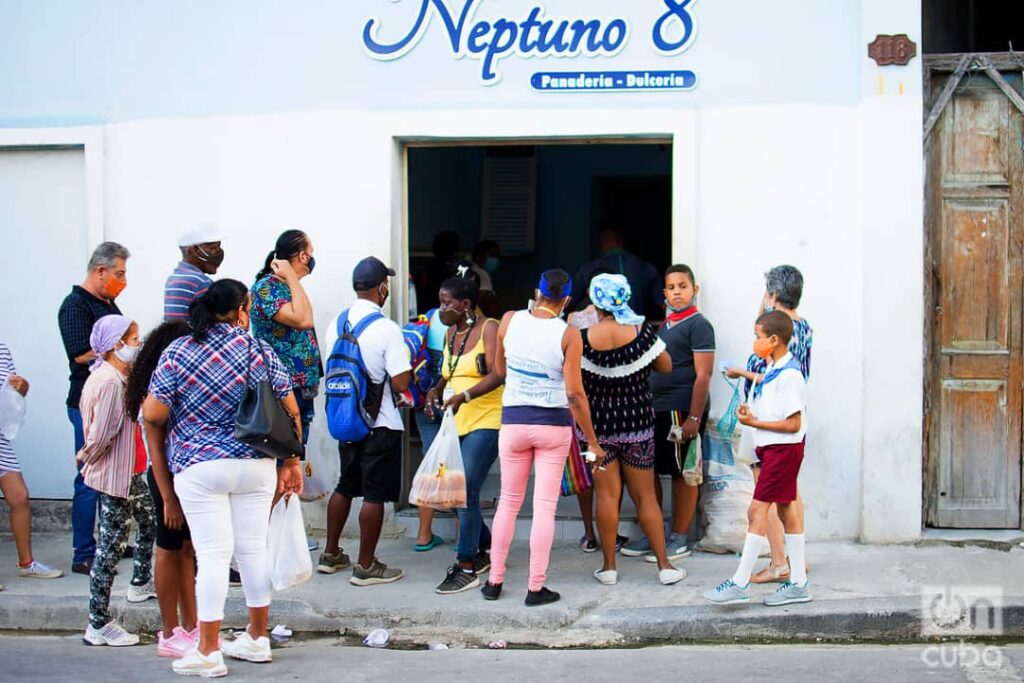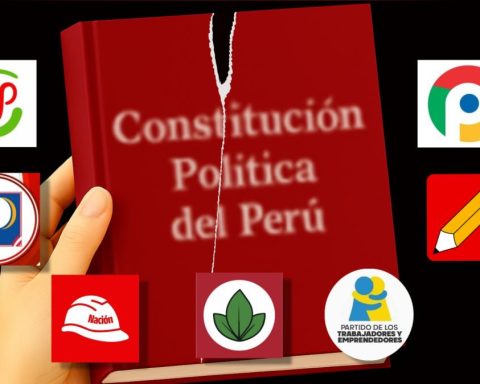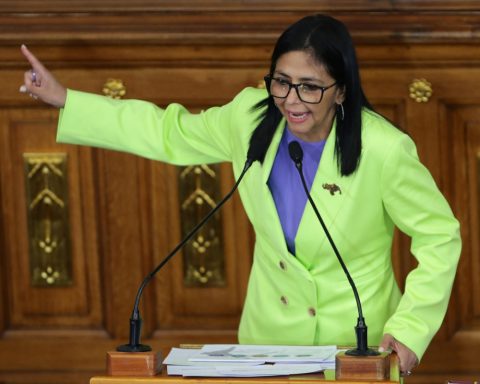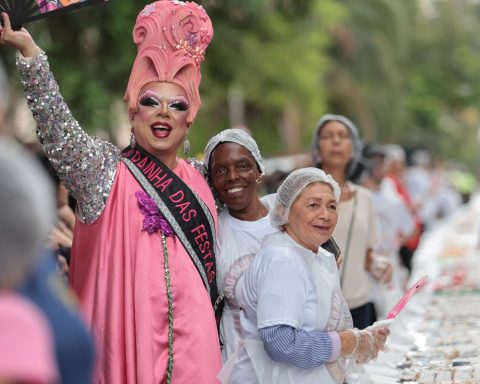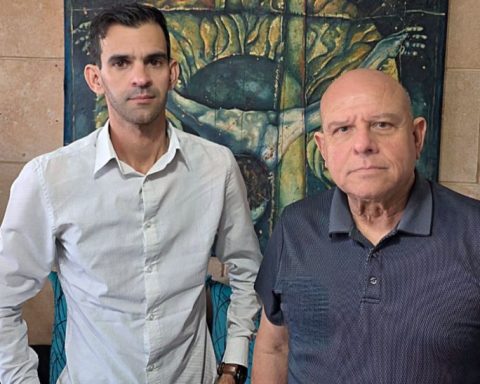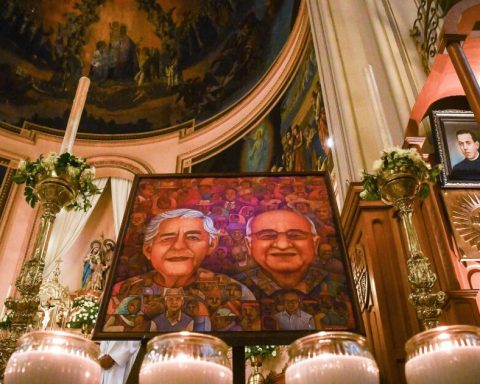Many of the Cubans who went this Tuesday to the exchange houses (Cadeca), with their bundles of pesos, remembered the lament of the Minister of Economy a couple of weeks ago: the government is not ready to sell foreign currencythat is the “missing piece in the gear”, and the blockade is “solely responsible” for the monetary madness.
With the same calm, Alejandro Gil appeared on Monday on the Mesa Redonda program, to announce that dollars could now be sold and that, of course, this was not “an improvisation, nothing we do is improvised”.
The words of Gil, economic juggler of the State, did not surprise anyone. Manipulating the foreign exchange market, announcing contradictory measures and repeating utopian slogans is part of the Government’s rhetoric and its useless little war against the informal market.
However, in a country where everyone tries to emigrate, foreign currency is increasingly needed to book tickets, pay the amount required by embassies and oxygenate the battered domestic economy.
After reading the many optimistic stories about the sale of foreign currency that flooded the island’s newspapers this morning, 14ymedio moved to downtown Cadeca of Belascoainbetween Ditch and Health.
As soon as they arrived, an employee swept customers to the corner, following the principle that a well-made queue should be located away from the “product”. “Everyone must wait for the turn!” the woman yelled, as she shooed away a couple of guys who were photographing the exchange rates. “There is another poster like it,” she pointed out, “don’t take photos of me at the establishment.”
Access to the Cadeca had been organized according to the order of arrival. The early risers and coleros always, who arrived at the portals of Belascoaín before sunrise, were able to reach the first 50 shifts, distributed for entry into groups of ten.
“Things take time,” a customer observed listlessly. Cadeca is supposed to offer the data on how much currency it has available, since the amount of dollars that will be sold depends on that number. However, he hides the number so that the “awakened” refrain from making calculations and drawing conclusions.
Clients lose patience, get mad with their headphones or mentally reciting the list of problems to solve for the day. The heat is withering and some are looking for a shady corner that allows them to survive the pasty rhythm of waiting.
When people have already abandoned the notion of time, Cadeca opens its doors and an official appears. He has an inspector’s clipboard in his hands and pauses before saying the first name. Attentive as hunting dogs, customers pounce on the subject and yell at the stragglers: “Come on, they’re already knocking, up!”.
Parsimoniously, the man says out loud ten names with their surnames and takes them with him to the premises.
“They have everything under control,” a woman whispers. “They know who is going to buy and the money they need.” Another has the hypothesis that, since they only allow to buy 100 dollars, the Government circulates the list of those who have already exchanged their money. This way they avoid the “itinerant” money changers, who go from Cadeca to Cadeca.
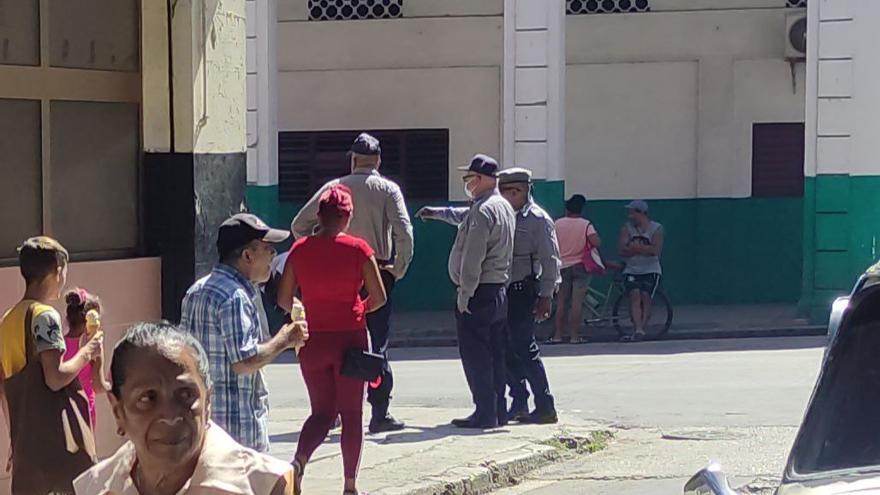
A police patrol slams on the brakes in front of the exchange house and, as the officers get out, the nerves of the customers are on edge. A couple of sergeants get out and a paunchy uniformed man with three stars sewn on his epaulet. “So they sent the skewers to control”, says a boy, “that same thing happened when they opened the stores in MLC”.
The agents stand in a corner and people end up ignoring them. They create a kind of invisible perimeter around them and crossing it is a bad omen, like someone bumping into a black cat.
“It is not known if they are holding a ‘revolutionary reaffirmation’ rally or an act of repudiation against the sale of dollars”
Shortly after, a car of official journalists is parked near the Cadeca. They calmly go downstairs with the recording equipment and assemble it near the door. An enthusiast appears, who nobody has seen with the intention of exchanging money, to be interviewed. “And where did he come from?” The clients laugh, when they listen to the declarations of the “model moneychanger”, well studied from the night before.
“The Police and Cuban Television always go hand in hand,” settles a man, mentioning the “journalistic agents” of the regime, such as Humberto López or Lázaro Manuel Alonso.
Those who can’t buy at Cadeca de Belascoaín can try it at 23 and J, not very far away. From very early on, that establishment offered 195 shifts for the day, which suggests that they have a fund of 19,500 dollars to start the operation.
In 23 also prowling the police and State Security agents, disguising on the sidewalks of the central avenue. “No one wants to be here,” one customer admits, “but everyone needs fast money to buy tickets. I came with my family: $100 a head and we’re still short.”

“We are like rag dolls and we allow ourselves to be shaken from one side to the other. That is why this country is as it is,” laments a man, who must also go to the state road for change. “Whoever has real money doesn’t care if they pay ten or twenty more pesos, total,” he says, “what is impossible is this queue.”
“The truth,” says another, “is that the one who buys is because he can: in short, neither the State nor the reseller make it cheap for you.”
In fact, some economists they have noticed that the Government is indirectly “benefiting” the informal market: the exchange rates that are proposed “on the street” favor the client more than those of Cadeca. Not to mention the queues, the mistreatment and the malfunctioning of the State, which every sensible Cuban tries to avoid.
Those clients who did not obtain a turn for the Cadeca withdraw, and some will go to the black market of currencies. In the park of Don Quijote in 23, the Government has assembled some party supplies and hung flags to “celebrate” the new measure. It is a strange, politically confusing environment, which one of the frustrated clients defines: “It is not known if they are holding a ‘revolutionary reaffirmation’ rally or an act of repudiation against the buying and selling of dollars.”
Lean and hungry like the Cubans who surround him, the rusty Don Quixote raises his greatsword over the policemen of El Vedado.
________________________
Collaborate with our work:
The team of 14ymedio is committed to doing serious journalism that reflects the reality of deep Cuba. Thank you for joining us on this long road. We invite you to continue supporting us, but this time becoming a member of our newspaper. Together we can continue transforming journalism in Cuba.
